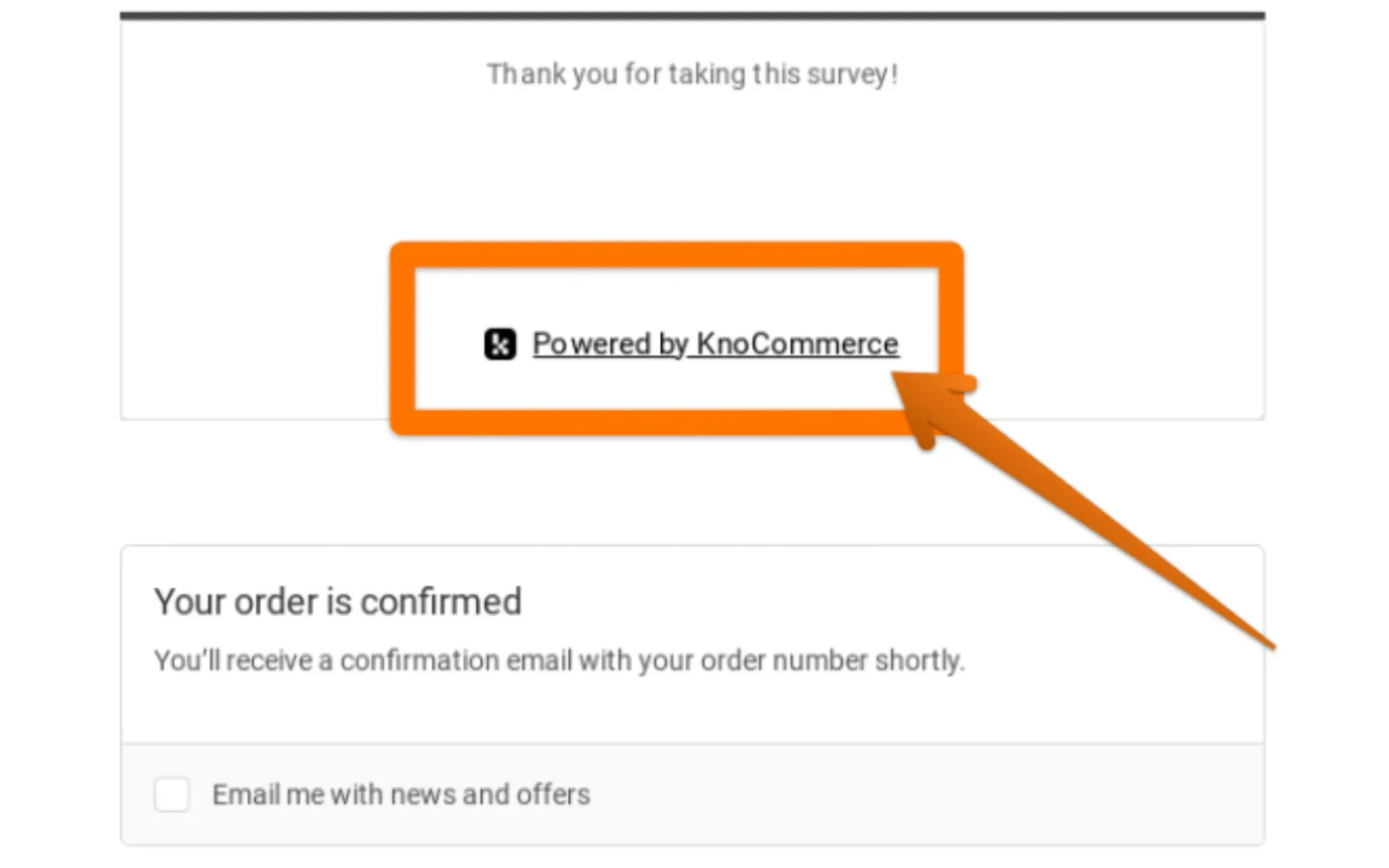Shopify's new app store policy impacts free tiers and merchant costs
A recent policy change requiring removal of "powered by" messages in Shopify apps raises concerns about sustainability of free services.

In a detailed public statement posted three days ago, on December 12, 2024, KnoCommerce CEO Jeremiah Prummer addressed significant implications of Shopify's latest app store policy modification. The policy change mandates the removal of "powered by" messages from applications listed in the Shopify App Store, potentially affecting pricing structures and service offerings across the platform's ecosystem.
According to Prummer, KnoCommerce currently serves over 2,500 merchants through their free tier offering, with operational costs reaching approximately $75,000 annually for support and data management alone. These figures exclude additional expenses such as developer time and system infrastructure costs. The company's ability to maintain this free tier has largely depended on organic growth facilitated by "powered by" attribution messages displayed during customer interactions.
The technical implementation of these attribution messages typically appears when users complete surveys within the application. Such messages have historically served as a standard practice across various software categories, functioning as a crucial organic growth mechanism for software providers. The practice enables potential customers to observe the software in actual use scenarios, providing contextual demonstrations of functionality.
Financial implications extend beyond individual applications. According to the statement, the policy modification introduces a complex economic challenge for the broader app ecosystem. Without the ability to leverage organic growth through attribution messages, service providers face increased pressure to generate revenue through alternative channels, potentially resulting in higher subscription costs for merchants.
The timing of the implementation has raised additional concerns within the developer community. The policy announcement, which affects existing applications, prompts immediate compliance requirements. Prummer's public appeal included a request for an extended adaptation period, specifically asking for "a few months to figure out how to adjust our business models."
The policy's specific language creates some ambiguity regarding implementation requirements. The document appears to encompass restrictions on elements resembling self-promotion across all aspects of application functionality. This broad interpretation has led to requests for clarification from affected developers seeking to understand the full scope of necessary modifications.
Industry participants have noted potential broader implications for consumer trust. According to Jake Casto, a commenter on the original post, visible attribution can enhance legitimacy of service offerings, citing examples such as Rokt's implementation in major platforms including the Uber application and numerous eCommerce stores.
The policy change introduces several technical considerations for affected applications:
- Interface modifications to remove existing attribution elements
- Potential restructuring of free tier offerings
- Development of alternative growth acquisition mechanisms
- Adjustment of pricing models to compensate for reduced organic exposure
Statistical context provides insight into the potential scope of impact. With KnoCommerce's free tier serving 2,500 merchants, similar applications across the Shopify ecosystem could affect thousands of additional businesses. The stated $75,000 annual support cost benchmark suggests significant financial considerations for companies maintaining free service tiers.
The discussion highlights tensions between platform governance and merchant autonomy. Andrew Durot, another participant in the discussion, emphasized the preference for merchant discretion in implementing such features, suggesting that excessive regulation might mirror governmental oversight patterns.
Current dynamics within the Shopify app ecosystem demonstrate complex interdependencies between organic growth mechanisms and service pricing structures. The modification of established attribution practices introduces substantial considerations for both application providers and merchants utilizing these services.
The policy change arrives at a time when digital commerce platforms face increasing scrutiny regarding their governance mechanisms and the balance between platform control and merchant autonomy. This modification represents a significant shift in how application providers within the Shopify ecosystem must approach growth and sustainability strategies.
Affected developers and merchants await potential clarification or adjustments to the policy implementation timeline. The outcome of this policy change could establish precedents for similar platforms and their approach to application attribution requirements.

